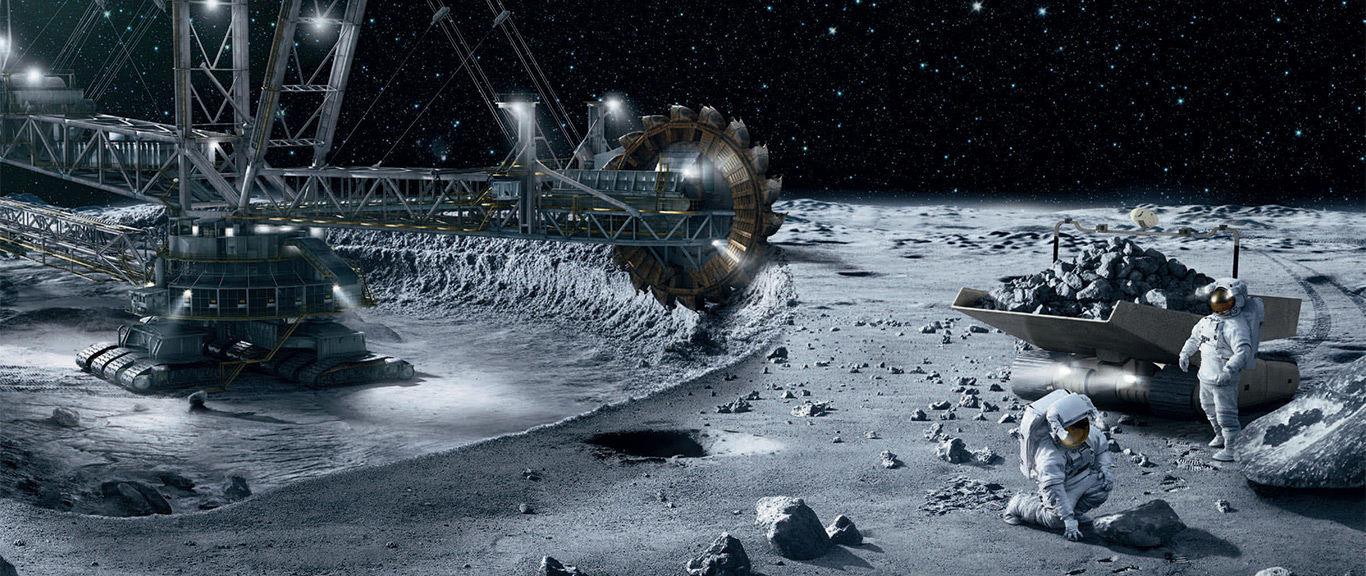The Final Frontier: Feeding the Beast

Late capitalism is a “term used to refer to capitalism from about 1945 onwards, with the implication that it is a historically limited stage rather than a permanent one”-Wikipedia. Basically, it describes the assumed dying days of a capitalist economy/society. In these closing days, you’d expect to see asset shortages and incapacitated manufacturing operations, because the bourgeoisie have been “much like butter, scraped over too much bread” - J.R.R. Tolkien. As of late, the term late capitalism has become a popular meme genre that mocks the incongruity of modern capitalism. Have a look:

Recently, Anastasia Romanou a NASA researcher spoke out about our urge to discover and explore exoplanets is not because we necessarily want to find alien life or find a Plan B Earth if everything does go pear shaped down here, but because we want to find exoplanets or asteroids so we can mine them for oil or precious metals. This urge came into being to feed the beast of capitalism not to feed our curiosity.
"Late era capitalism is feeling the pressure from resource scarcity, and therefore, it has to find its own way out. It cannot think outside its own box of solutions, and it will have to find another place, and another place, and another place to exploit." - Anastasia Romanou.
It is without doubt, if technology continues to improve at the rate it does, these celestial bodies which have some ‘value’ will have the same destiny as the oceans we bare on our own planet. Our oceans, and eventually celestial bodies, are being privatized and mined by corporations. It is possible that the Outer Space Treaty might prevent such corporations from exploiting celestial bodies, but it is also possible that a lot of money in someone’s pocket could change that. You’ll have to thank “Big Space” for that one.
Obviously, the mining of celestial bodies is very much just an idea and perhaps far off in the future. But it is something that someone like Elon Musk could undertake after he finishes his Hyperloop, or maybe something he wants to think about before he reaches the Martian surface. The Kepler Telescope has discovered around 20 rocky Earth-like planets which lie in the habitable zone and this number increases every few months and as it does, the more the financial insinuations of our urge to discover and explore our solar system and beyond take shape.


I've wondered recently whether digital consumption, especially as VR penetrates the market, will offer a more sustainable alternative to our present physical consumption rates. that is, the answer might not be less consumption, but merely less physical consumption as we navigate through the late capitalism.